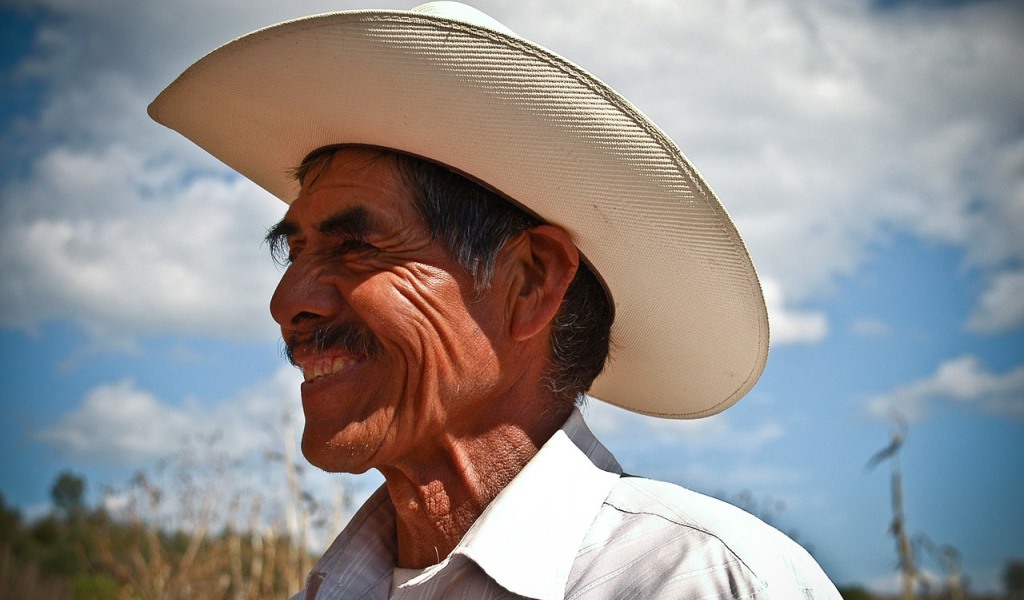The transformative power of cultural and natural heritage is increasingly recognized as a key enabler for sustainable redevelopment, particularly in rural areas facing chronic economic, social, and environmental challenges.
From Machu Picchu in Peru to the traditional Mexican milpa that was recognized as UNESCO World Heritage in 1987, the natural and cultural heritage of Latin America and the Caribbean (LAC) have long been seen as drivers of rural well-being and economic revitalization.
But an inclusive, climate-smart, equitable redevelopment for rural areas remains challenging for many LAC countries, especially in the post-COVID-19 context.
To explore those issues, UNESCO’s Science Bureau for Latin America and the Caribbean together with UNESCO’s Section on Earth Sciences and Geo-Hazards Risk Reduction and experts from the EU-funded RURITAGE project, organized a dialogue on Cultural and Natural Heritage for Rural Regeneration in Latin America and the Caribbean on January 26 and 27, 2022.
The audience and speakers included representatives of communities from rural areas, including UNESCO designated sites—UNESCO Global Geoparks (UGGp), Biosphere Reserves (BR) and World heritage sites—and regional organizations such as the Economic Commission for Latin America and the Caribbean (ECLAC) and the Indigenous Women’s Biodiversity Network in Latin America and the Caribbean (RMIB-LAC).
The on-line workshop aimed at sharing and considering key challenges for heritage-led strategies for rural development in LAC, examining regional good practices and lessons learned together with challenges and potential pathways for the uptake of innovative solutions, such as the RURITAGE model.
The RURITAGE heritage-led rural regeneration model promotes the use and consideration of tangible and intangible cultural and natural heritage to transform rural territories into economically competitive regions, with sustainable and inclusive developments
During the roundtables, experts from the RURITAGE project and LAC discussed and exchanged views about the regional context, current issues and potentialities for heritage-led rural redevelopment.
The discussions brought to light that cultural and natural heritage are increasingly considered as a source of employment and educational opportunities, as a powerful force for inclusive development and strengthening of local rural identity in LAC.
The experts also emphasized that heritage supports communities’ reconnection with the natural environment and fosters empowerment and resilience during times of crisis.
It was stressed that innovative methodologies such as RURITAGE, could be tested and further promoted within LAC by UNESCO Global Geoparks and Biosphere Reserves, since these sites of international value are learning spaces for communities and nature sustainable coexistence.
Furthermore, taking into account their position as potential facilitators and international network creators to scale up participative processes for rural conservation and management and generate synergies for the development of related policies and laws.
Photo of rancher in Mexico by Mariana Mercado from Pixabay.

